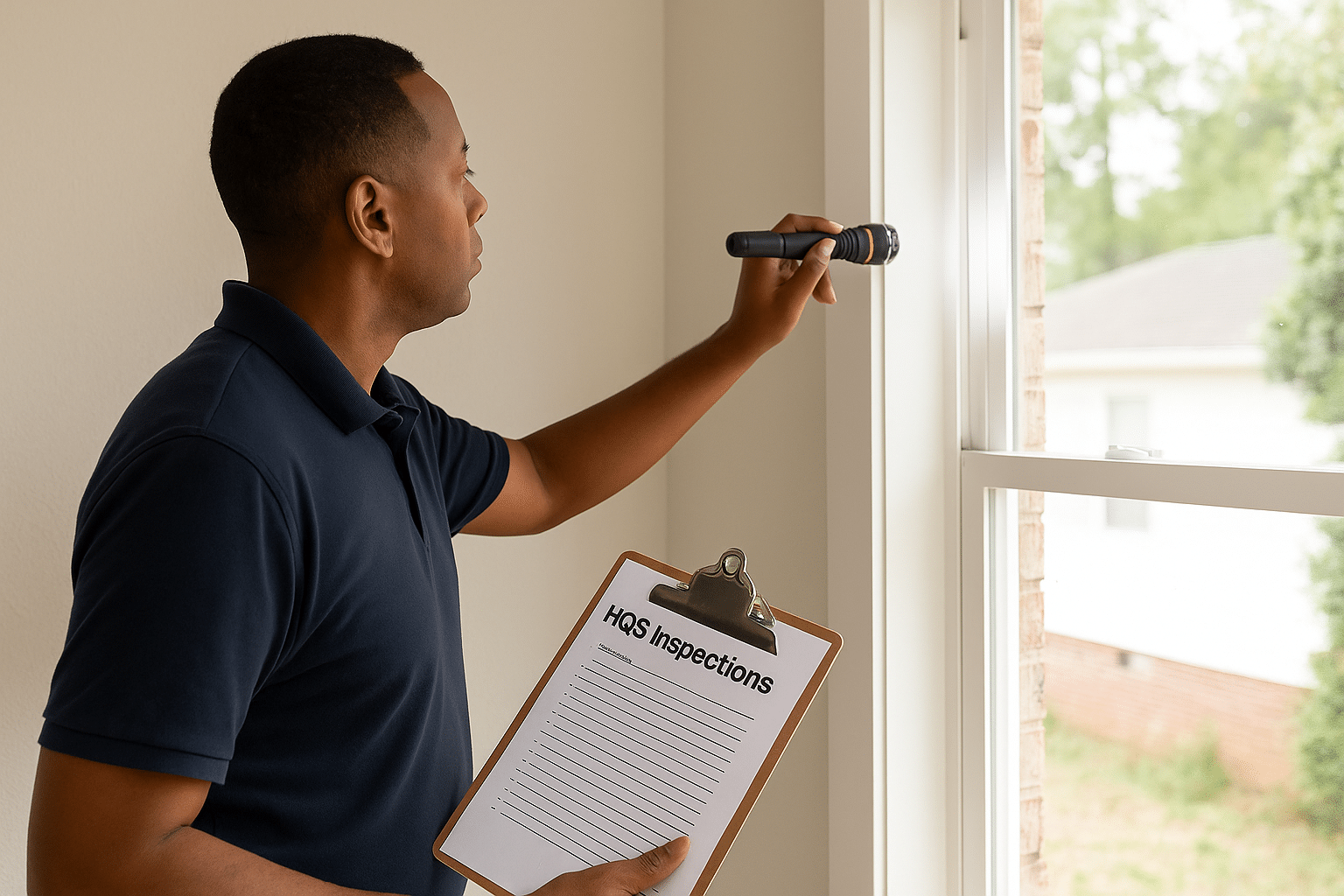
As housing regulations tighten and tenant expectations rise, one type of inspection is becoming more The Growing Need for HQS Inspections in Rental Properties
As housing regulations tighten and tenant expectations rise, one type of inspection is becoming more critical than ever for rental property managers: Housing Quality Standards (HQS) inspections. Whether you manage a single rental or a portfolio of units, staying compliant with federal guidelines ensures safer properties, happier tenants, and fewer legal headaches.
Let’s break down why HQS inspections matter and how they can elevate your property management strategy.
What Are HQS Inspections?
HQS inspections are required by the U.S. Department of Housing and Urban Development (HUD) for properties that receive federal housing assistance, such as through the Section 8 program. These inspections ensure rental units meet minimum health and safety standards, focusing on:
- Adequate heating and plumbing
- Functional smoke detectors and exits
- No structural hazards
- Safe electrical systems
- Proper sanitation and ventilation
Even if your properties are not federally subsidized, adhering to HQS standards is still a smart business move for long-term value and tenant trust.
Why HQS Inspections Are Increasingly Important
1. Compliance with Federal Programs
If your property houses tenants using vouchers or federal aid, an HQS inspection is not optional. Regular inspections help maintain eligibility and avoid funding disruptions.
2. Minimizing Tenant Complaints
A well-maintained home reduces tenant turnover, legal disputes, and costly emergency repairs. HQS inspections give you a roadmap to correct problems before they escalate.
3. Attracting More Tenants
Properties that meet or exceed HQS requirements are more appealing to voucher holders, municipalities, and renters seeking safe, well-maintained housing.
4. Avoiding Costly Repairs
Inspections catch small problems like leaky faucets, missing smoke alarms, or poor ventilation before they become expensive fixes or code violations.
5. Strengthening Your Reputation
Landlords and property managers who prioritize health and safety earn trust from both tenants and housing agencies. This trust can lead to new leasing opportunities and partnerships.
What Property Managers Should Expect
An HQS inspection typically includes a review of:
- General sanitation and cleanliness
- Interior and exterior structural integrity
- Electrical safety and lighting
- Plumbing systems
- Smoke detectors and fire safety measures
- Overall livability and hazard-free environment
If a property fails inspection, you’ll receive a list of required repairs and a timeframe for correction. Once completed, a re-inspection confirms compliance.
Tips to Prepare for an HQS Inspection
- Do a pre-inspection walkthrough to identify obvious issues.
- Check all smoke detectors and replace batteries if needed.
- Test plumbing fixtures for leaks or poor pressure.
- Inspect windows and doors to ensure they open and lock properly.
- Clean up debris and trash inside and outside the property.
Final Thoughts
The demand for clean, safe, and code-compliant rental housing is growing, and HQS inspections are the foundation. For property managers and landlords, investing in regular HQS inspections is not just about compliance, it’s about protecting your investment, earning tenant trust, and maintaining a competitive edge in a changing rental market.

Partner With a Trusted Inspection Team
We specialize in HQS inspections tailored for property managers and landlords. Whether you’re preparing for a new tenant or simply want peace of mind, we’re here to help.
Fast scheduling and digital reports
Local housing compliance expertise
Referral-friendly and locally trusted
Contact us today to book your next HQS inspection and keep your properties rental-ready.

